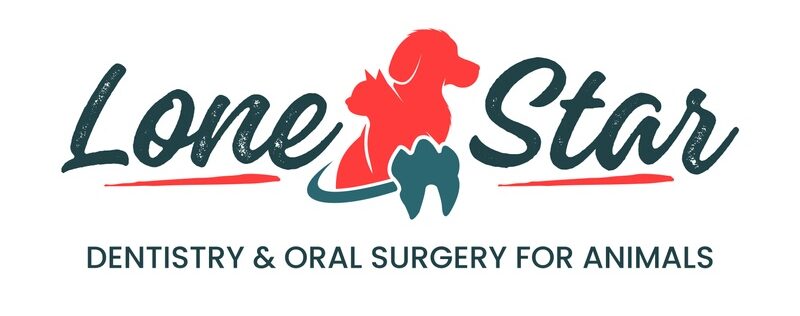Resources
Understanding Your Treatment Plan
Understanding Your Treatment Plan
Pre-Anesthetic Lab Tests:
Serum biochemistry profile, complete blood count, urinalysis, clotting panel and other lab tests are used to determine if there are major metabolic issues that could increase the risk of complications under anesthesia.
Anesthesia Evaluation and Administration:
Assess general fitness of patients prior to surgery and anesthesia to determine the need for special precautions or additional testing. Intravenous or intramuscular drugs are administered to initiate anesthesia. Patients are maintained safely on isoflurane gas via an endotracheal tube.
Anesthesia Monitoring:
Throughout the surgery, our highly trained staff monitors electrical conduction of the heart (ECG), blood pressure, body temp, heart rate, blood oxygen levels, carbon dioxide levels and respiratory rate.
Periodontal Probing/Evaluation:
Periodontal assessment measuring periodontal pocket depth, oral inflammation, furcation lesions, evaluating extent of tooth mobility, plaque and calculus levels, as well as assessing the tongue, mouth, throat, lips and lymph nodes.
Ultrasonic Scaling/Polish:
The teeth are scaled to remove calculus from the supragingival and subgingival surfaces of the teeth. The teeth are then polished to slow down future tartar build up.
Digital Oral Radiology Series:
Radiographs are a way to see the tooth root and supportive structures to determine if there are problems. They are required to reach a diagnosis and develop an appropriate treatment plan.
Anesthesia Local:
Provides intra-operative and post-operative oral pain control. Regional nerve blocks are performed in specific areas of the mouth where oral surgery is necessary.
Dental Extractions/Oral Surgery:
Often times oral examination and radiographs reveal problems with the teeth that require tooth extraction. Oral surgery of the bone and soft tissue is also sometimes necessary.
Pharmacy Injection Pain-Control (Buprenorphine):
Narcotic injection on the day of surgery for pain control
Anti-Inflammatory Injection (Meloxicam/Onsior):
Given the day of surgery for pain and swelling/inflammation.
Oravet Sealant/Plaque Prevention:
Significantly reduces plaque are tartar formation by creating an invisible barrier that prevents bacteria from attaching to your pet’s teeth.
Doxirobe/Clindoral Gel Application:
An antibiotic gel applied subgingivally to periodontal pockets to aid in tissue attachment.
Odontoplasty:
Reshaping of the cusp of a tooth (tip of the crown) to remove irregularities, make sure the surface is smoother, or reduce occlusal trauma.
Bonded Sealants:
A light-cured sealant applied to a tooth to protect it or reduce sensitivity.
Bone Graft:
Bone material placed inside a defect in the bone or inside a tooth socket for bone support.
Go Home Pain Prescriptions:
Could be any of the following: Meloxidyl (Metacam), Buprenorphine (oral dose), Deramaxx, Rimadyl, Previcox, Gabapentin, or Tramadol.
Antibiotics:
Used to avoid post-surgical infection. Could be any of the following: Clindamycin, Clavamox, Cephalexin, Convenia Injections, or Doxycycline.
Dentahex Oral Rinse 8oz/Maxi Guard 2 oz:
Provides effective plaque control as a rinse or oral gel.
CET Toothpaste/Toothbrush Sample:
An at home kit for dental care.
